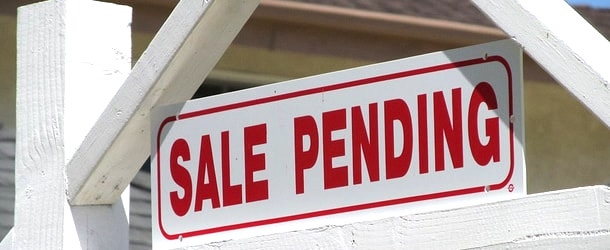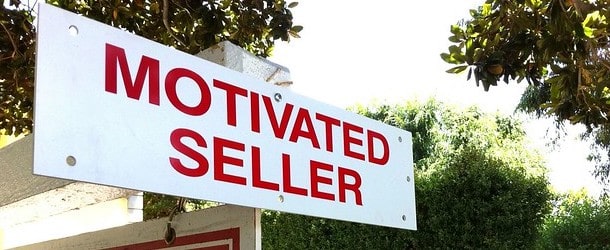
While 30-year fixed mortgage rates tend to steal all the headlines, 15-year fixed mortgage rates quietly reached record lows this week as well, per Freddie Mac’s weekly survey.
This morning, Freddie announced that the 30-year fixed fell to a new record low 3.03%, down from 3.07% last week.
That was the second consecutive record low for the nation’s most popular loan program, with data going back as far as 1971.
While Freddie’s chief economist Sam Khater was quick to point that out, he didn’t even mention the fact that 15-year fixed mortgage rates also reached their lowest point on record this week.
And that’s a big deal as well because they’ve been tracking 15-year fixed mortgage rates since 1991, meaning they’re at 30-year lows.
15-Year Fixed Mortgage Rates Fall to Record Low 2.51%
- Mortgage rates on the 15-year fixed fell to 2.51% this week per Freddie Mac
- Down from an average of 2.56% last week and 3.22% a year ago
- Previously were this low during the week ending May 2nd, 2013
- It might be worth considering something other than the 30-year fixed if refinancing
During the week ending July 9th, 15-year fixed mortgage rates fell to 2.51%, down from 2.56% a week earlier, per Freddie Mac.
This marked a new all-time low for the second most popular home loan program out there, which had previously been as low as 2.56% during the week ending May 2nd, 2013.
If anything, this is the more newsworthy story because it’s been more than seven years since the 15-year fixed was this cheap.
Conversely, 30-year fixed mortgage rates hit record lows last week too, making the news of fresh record lows pretty, well, boring.
But the 30-year fixed is much more popular than its 15-year fixed cousin, snagging about 90% of all purchase mortgages and roughly 75% of all mortgages, including mortgage refinances.
It’s a bit less dominant for refinances because many savvy homeowners want to avoid resetting the clock if they’ve already paid down their mortgage for several years.
For example, if you’re 10 years into a 30-year fixed, refinancing into a new 30-year fixed means you’ll pay interest for 40 years total instead of 30.
A solution would be to refinance into a 15-year fixed and lower your aggregate loan term to 25 years, assuming it’s affordable.
Does a 15-Year Fixed Mortgage Make Sense Right Now?
- You can get a mortgage rate about .50% cheaper on the 15-year fixed
- This can save you a ton on interest and help pay off your mortgage a lot faster
- Might be a good option for a homeowner who has already paid down their mortgage for several years
- The drawback is the monthly payment is more expensive and with rates so cheap, why rush to extinguish the mortgage?
Here’s the problem though – with mortgage rates so cheap at the moment, you could make the argument to take the longest loan term available.
After all, with borrowing costs so inexpensive, what’s the rush to pay off the mortgage? Why not just float it for as long as possible and put your hard-earned money to work elsewhere?
Some may argue that savings rates are abysmal, which they are. Maybe you’re earning 1% in a savings account, which is a losing endeavor relative to the 2.5% to 3% mortgage rate.
But if you put the money into a different investment vehicle, such as a bond or the stock market, while riskier than the guaranteed rate of return via the mortgage, you could come out way ahead.
That’s why even though 15-year fixed mortgage rates offer more savings versus the 30-year fixed, they might not be the best choice right now.
Yes, the spread is pretty decent at the moment, with it pricing about a half percentage point below the 30-year fixed, but you might say what’s the rush?
Unless you’re close to retirement and have a goal to pay off the mortgage by that time, it could be a great time to take the longest loan term available (within reason).
You can enjoy lower monthly mortgage payments that will get even cheaper over time as inflation erodes the value of today’s dollars.
Now if interest rates were historically high, you could easily make the opposite argument.
Read more: 15-year fixed vs. 30-year fixed



